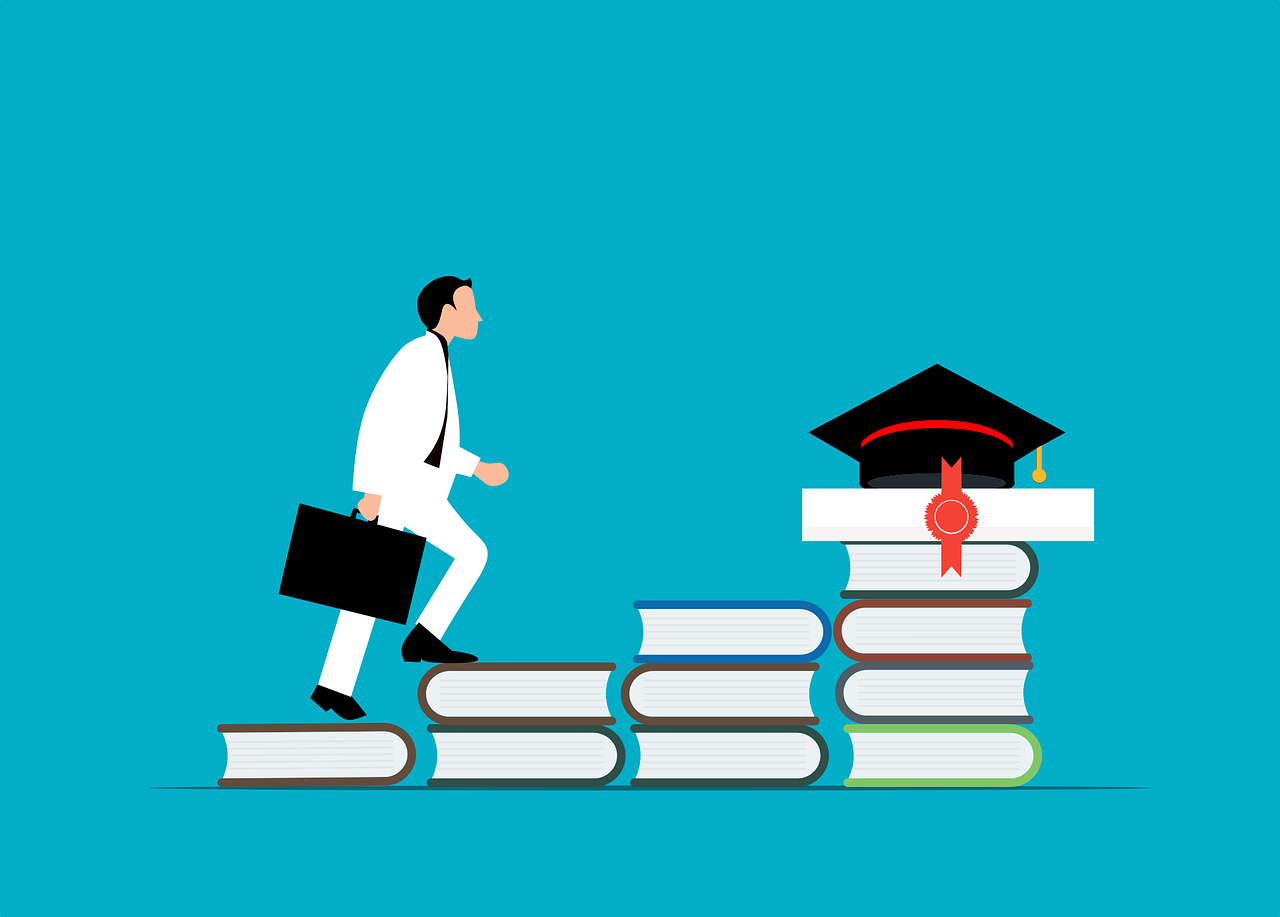Hello
Some people choose to postpone college until after graduating from high school, or what's called a gap year, to mentally prepare and rest their brains before entering college, which will require intense thought. It's often said to be a strategy for some people to reach success. Sometimes, mental preparation is necessary first.
Personally, I disagree with this understanding. If I had to choose, I would never take a gap year. For me, if the mind isn't constantly trained and nourished, it tends to become lazy. Worse, some lessons that have become ingrained in the brain can be forgotten simply because of the delay in continuing education to a higher level. Furthermore, the temptations of the environment and social circles will force us to start from scratch. Only a small percentage of people have a very strong IQ and memory and can guarantee that they won't be influenced by their environment, friends, or laziness.
I also often see those who try to postpone continuing their education under the pretext of taking a break or... They seek entertainment first, and ultimately, they are trapped in a dilemma of laziness, so they don't continue their education. Some continue their education after taking a gap year, but they are again faced with severe depression and their brains are difficult to think, making it very difficult for them to understand the lessons and having to repeat some lessons they have forgotten. There are many other risks resulting from this delay.
Delaying continuing my education to the undergraduate level also happened to me personally. After completing my diploma, I planned to continue my education to the undergraduate level, but due to my family's financial situation, I had to postpone it. Unfortunately, I was trapped in a situation where year after year I stopped considering continuing. I was already very comfortable with my situation and decided not to continue at all.
However, current government regulations have implemented very extreme policies. They will prioritize new bachelor's degree graduates and provide them with facilities, while D3 diploma graduates will soon be abolished. So we flocked to continue our education to the undergraduate level, even though we were already old. They provided the convenience of being able to attend employee classes, the rules of which were very different from those of regular students. We were only required to attend on holidays, namely Saturdays and Sundays.
What's my experience now? Although this subject is familiar to me, it's very difficult to digest, and sometimes I forget easily. In just a few months, I've already forgotten much of the material, making it very difficult for me to write my final assignment, a research proposal on health phenomena occurring in my area. This is one of the effects I felt when choosing a gap year. Furthermore, feelings of laziness, boredom, and burden are very clear because I'm used to other things and activities, but now I have to go back to reading books and repeating lessons I've learned before. This is a very difficult situation.
I postponed continuing my education not for a year or two, but for 14 years. Imagine how foolish I was to finally pursue a bachelor's degree at the age of 37. However, the lecturers were understanding of our situation, they didn't make the teaching and learning process difficult, and they even gave us special privileges. They also admired us for wanting to continue our undergraduate education for the sake of our future careers. So, in short, never take a gap year in education because it's very difficult to return.
greetings @yuliadi


Comments (1)